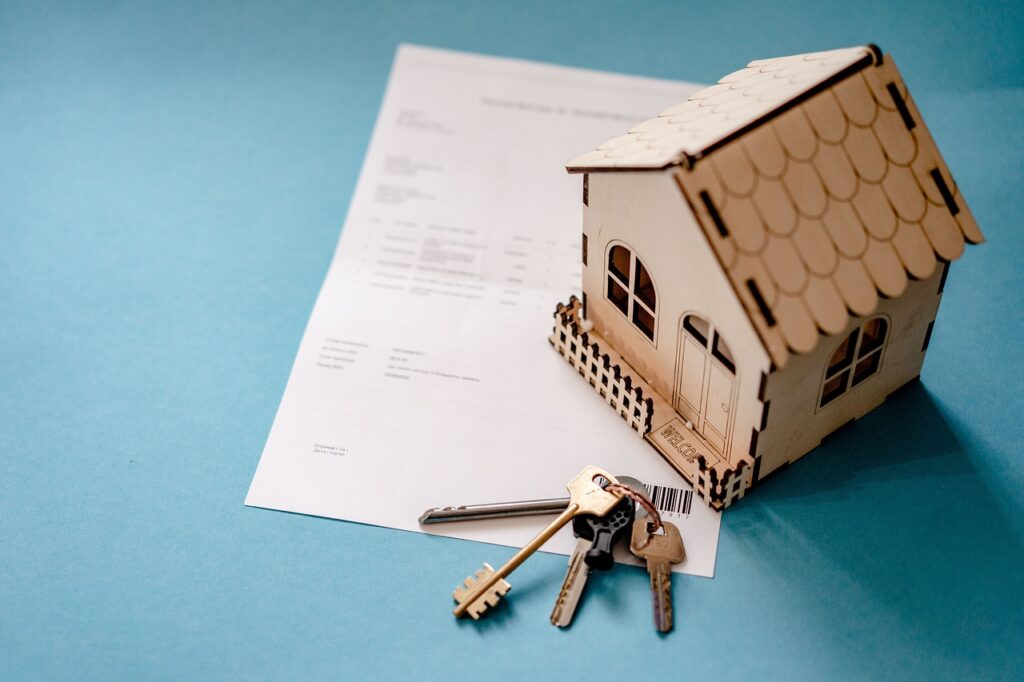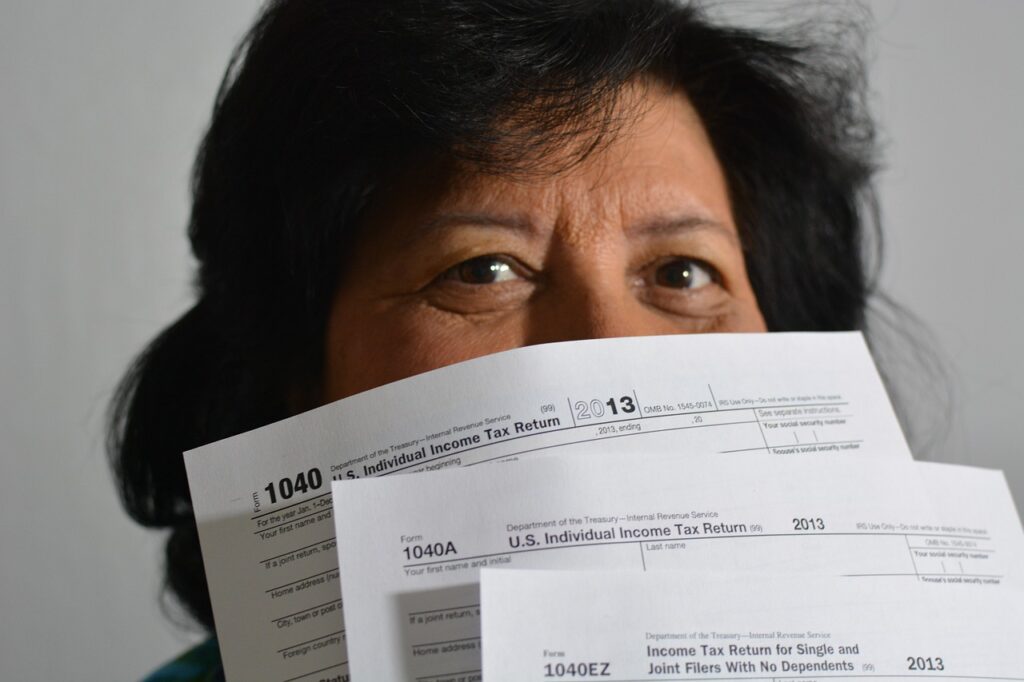 I meet a lot of clients who I meet will tell me they want to “put their child on the house” while they are still alive. Although “putting someone on the house” does not have true legal meaning, I usually understand that they want to make their child or children co-owners of the house. That means that the house will be owned by the child or children after the parents have died, and the transfer will happen almost immediately, with a minimum of effort by the children. Usually the transfer just involves recording a death certificate with the county and then the child or children will own the house after the parent has passed away. This is probably the easiest way to pass on a house, but as we know in most aspects of life, the easiest way isn’t always the best way to do things.
I meet a lot of clients who I meet will tell me they want to “put their child on the house” while they are still alive. Although “putting someone on the house” does not have true legal meaning, I usually understand that they want to make their child or children co-owners of the house. That means that the house will be owned by the child or children after the parents have died, and the transfer will happen almost immediately, with a minimum of effort by the children. Usually the transfer just involves recording a death certificate with the county and then the child or children will own the house after the parent has passed away. This is probably the easiest way to pass on a house, but as we know in most aspects of life, the easiest way isn’t always the best way to do things.
Transferring your house to a child, or co-owning a house with a child while you are alive may have negative consequences. Doing so may have negative tax consequences, may mean the house is impacted by your child’s life and life decisions, and may mean some confusion arises over who is responsible for expenses associated with the house. There are also alternatives to simply giving the house to a child or naming a child as a co-owner which could mitigate some of these potential problems.
Watch Out for Taxes!
 One of the biggest problems with giving a house to a child, or children, while you are still alive, or making the child or children a co-owner–is the tax treatment of a house. A house is a capital asset. When a capital asset is sold, you pay tax on the gain, or increase in value, of the house from when you acquired the house to when you sold it. You subtract what you paid for the house (plus the value of any improvements) from the sales price of the house when you sell the house, and the increase is the taxable amount. The cost of the house, plus any improvements, is called “cost-basis.” The formula for calculating gain is as follows:
One of the biggest problems with giving a house to a child, or children, while you are still alive, or making the child or children a co-owner–is the tax treatment of a house. A house is a capital asset. When a capital asset is sold, you pay tax on the gain, or increase in value, of the house from when you acquired the house to when you sold it. You subtract what you paid for the house (plus the value of any improvements) from the sales price of the house when you sell the house, and the increase is the taxable amount. The cost of the house, plus any improvements, is called “cost-basis.” The formula for calculating gain is as follows:
Sales Price – Cost Basis = Gain
It is the gain that is taxable. If you are selling a primary residence, you can exclude $250,000 of gain from taxable income, or $500,000 per couple. If a house is not your primary residence, then you pay tax on the gain.
When a parent gives a house to a child or children while the parent is alive, the children get what is called “carryover basis,” so the children take the house with a cost-basis the same as the parents. If the house is transferred to the child or children at the time of and because of the death of the parent, the child or children get the house with what is called “stepped up basis,” which means they inherit the house with a cost basis at full fair market value of the house at the time of the parent’s death. Stepped up basis is a unique benefit of inheriting property when someone dies and can result in significant tax savings. Here is an example:
| Carryover Basis vs. | Stepped Up Basis |
| House given to children while parent alive | House inherited by children |
| Sales Price in 2024: $750,000 | Sales Price in 2024: $750,000 |
| House Purchase Price
in 1983: $104,000 |
|
| Cost of Improvements: $150,000 | Stepped Up Basis
To Fair Market Value: $750,000 |
| Taxable Gain: $496,000 | Taxable Gain: $0 by children |
| Tax Due (20% Capital Gains): $99,200 | $0 |
In this example, transferring the house to the child or children while you are alive results in almost $100,000 in taxes being due when the children sell the house after a parent passes away. That is a lot of money to be giving away to the government for the convenience of transferring ownership of the house while you are alive! You may be better off using an alternative method of transfer.
Taxes May Not Be The Only Problem, You Could Lose Your House
 Transferring a house to your child or children after you die has other benefits besides saving taxes. If you transfer your house to your child, or make the child a co-owner, then anything your child does that results in a legal judgment or liability can affect your property. If your child is involved in a car accident, or needs to declare bankruptcy, or has large medical bills, or is otherwise responsible for a debt, and your house is wholly or partly owned by the child, then your house is open to collection. You could lose your house because of something that your child did just because you made them an owner of the house.
Transferring a house to your child or children after you die has other benefits besides saving taxes. If you transfer your house to your child, or make the child a co-owner, then anything your child does that results in a legal judgment or liability can affect your property. If your child is involved in a car accident, or needs to declare bankruptcy, or has large medical bills, or is otherwise responsible for a debt, and your house is wholly or partly owned by the child, then your house is open to collection. You could lose your house because of something that your child did just because you made them an owner of the house.
In the other direction, if your child is a full or part owner of your house, and something happens like property taxes going unpaid or there is a legal claim against the property owner for an injury sustained on the property, then the child’s other assets could be impacted by a judgment against the property you live, but they own. This doesn’t even address who might be responsible for paying the property taxes or keeping up homeowner’s insurance. You may pay for those things, but if insurance lapses, all owners could be on the hook for money owed, your and your children. Most of us like to have our own property be our own responsibility and under our own control, not that of our parents or our children. Transferring ownership to your children while you are alive can significantly impact your control of your own property.

Good Alternative Methods and Timing of a Transfer Exist
Taking advantage of the benefits from transferring a house to your children as an inheritance, or as a result of your death, is not limited to just using a will. A property structured trust can preserve the tax advantages of transferring property to your children at the time of your death. If you don’t want to use a trust because of the expense or time involved in putting a trust in place, you can also use a beneficiary deed. I have previously written about these two types of arrangements…please feel free to click the links in this article to read more about these types of arrangements. By using a trust or a beneficiary deed, you can easily transfer assets to your children at the time of your death, while preserving the tax and other advantages.
You Can Transfer Your Assets to Your Child While You Are Alive – Just Know What Happens Next
If you decide to transfer your house to your child or children before you die, nothing needs to prevent you from doing so. I have plenty of clients who have children who live with them, so the children can take advantage of the primary residence tax exemption previously mentioned. That can mitigate the tax issues of such a transfer. Whatever you decide to do with your house, you are free to do, just so long as you know what the consequences of making each decision will be. You can make whatever decision is best for you and your children, and I can help. Book a call with me by clicking below.

 720-730-7274
720-730-7274









